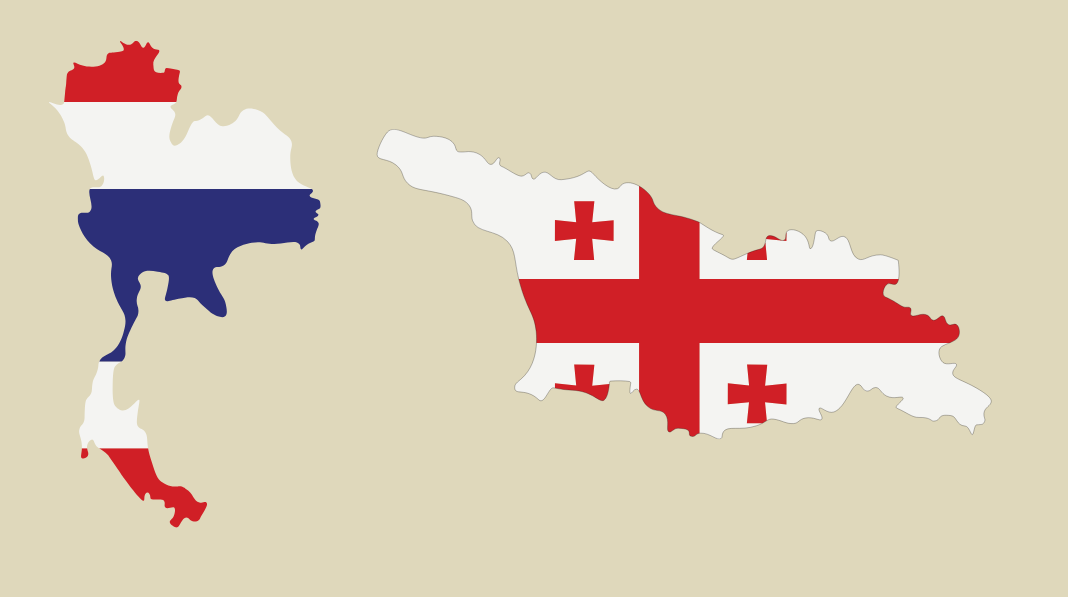Trapped in the Surrogacy Boom: Thai Women Rescued from Human Egg Farms in Georgia
By Blene Woldeselasse,
Humans Rights Research Center
| 02. 18. 2025
HRRC condemns human trafficking and illegal trafficking in all forms. The recent rescue of three Thai women in Georgia from human egg trafficking highlights the urgent need for greater national and international security cooperation, legal protections for victims, and psycho-social services support for survivors of human trafficking.
Three Thai women have been rescued from a human egg trafficking operation in Georgia, run by a Chinese human trafficking syndicate. One of the victims, speaking anonymously at a press conference, revealed how she was deceived by an online job advertisement promising lucrative surrogacy work. The offer included a monthly salary of 25,000 Thai baht ($742.94 U.S.) and an all-expenses-paid trip to Georgia to help childless couples.
However, upon arrival, the women’s passports were confiscated, and they were told they were in the country illegally and would face arrest if they tried to leave. They were confined to group homes with several other Thai women and injected with hormones to stimulate egg production. Their harvested eggs were then allegedly sold and trafficked for in-vitro fertilization (IVF) purposes.
The operation was exposed when one of the victims managed to secure her release by paying a ransom of 70,000 baht ($2,053 U.S.). Upon returning to Thailand, she alerted The Pavena Hongsakul Foundation for Children and Women, a local NGO, which then informed Thai authorities. A coordinated rescue effort involving Interpol...
Related Articles
By Diaa Hadid and Shweta Desai, NPR | 01.29.2026
MUMBRA, India — The afternoon sun shines on the woman in a commuter-town café, highlighting her almond-shaped eyes and pale skin, a look often sought after by couples who need an egg to have a baby.
"I have good eggs,"...
By Steve Rose, The Guardian | 01.28.2026
Ed Zitron, EZPR.com; Experience Summit stage;
Web Summit 2024 via Wikipedia Commons licensed under CC by 2.0
If some time in an entirely possible future they come to make a movie about “how the AI bubble burst”, Ed Zitron will...
By Arthur Lazarus, MedPage Today | 01.23.2026
A growing body of contemporary research and reporting exposes how old ideas can find new life when repurposed within modern systems of medicine, technology, and public policy. Over the last decade, several trends have converged:
- The rise of polygenic scoring...
By Daphne O. Martschenko and Julia E. H. Brown, Hastings Bioethics Forum | 01.14.2026
There is growing concern that falling fertility rates will lead to economic and demographic catastrophe. The social and political movement known as pronatalism looks to combat depopulation by encouraging people to have as many children as possible. But not just...




